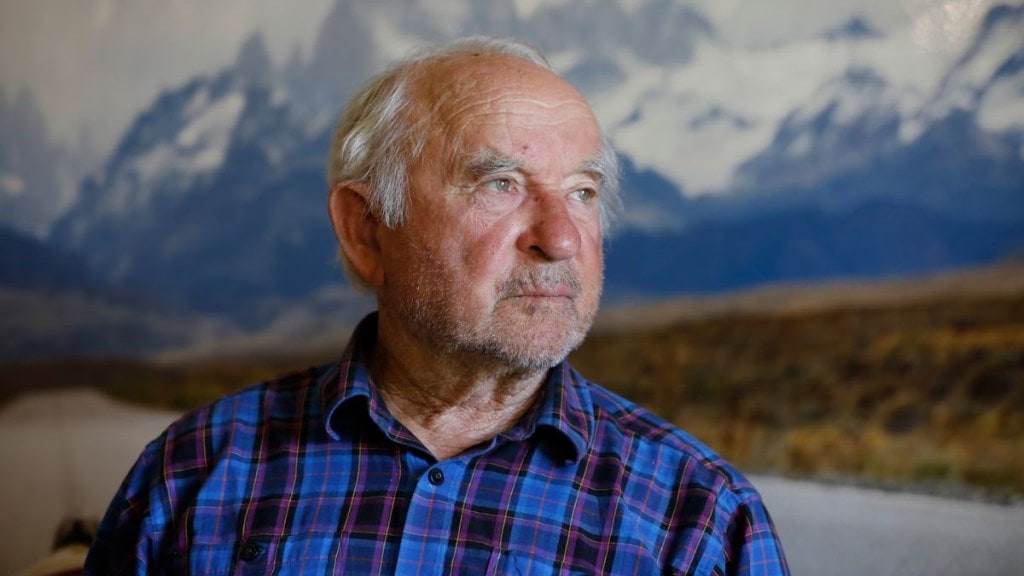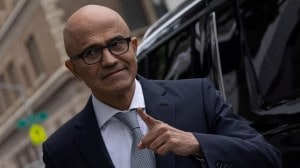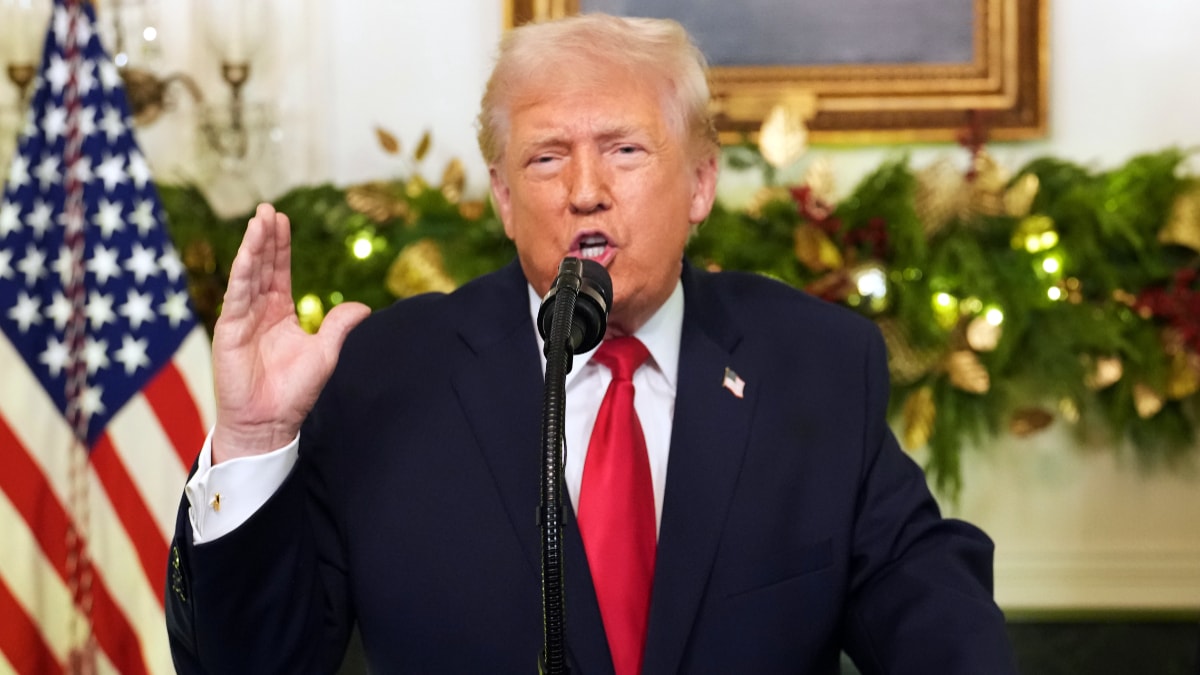Among the billionaire class, few are as down to earth as the founder of Patagonia, Yvon Chouinard. For most people, joining the ranks of Jeff Bezos, Elon Musk, and Bill Gates would be the ultimate achievement. The same cannot be said for Yvon Chouinard. In fact, according to excerpts from the book Dirtbag Billionaire: How Yvon Chouinard Built Patagonia, Made a Fortune, and Gave It All Away by David Gelles, Chouinard was furious upon being placed on the Forbes 2017 billionaire list saying, “It really, really pissed me off.” He even recalled being highlighted as a member of the uber wealthy class as, “one of the worst days of his life.” A lifelong wilderness enthusiast, he is one of the few individuals of the upper echelons who actually seems to care about the growing wealth gap between the rich and the poor, calling the rise of the ultra rich a, “policy failure.”
So, it is safe to say that the Patagonia founder isn’t your run-of-the-mill billionaire.
Humble origins and humbler living
Yvon Chouinard’s origins were modest. His father was a handyman and mechanic, while he himself turned to blacksmithing to save money and craft his own climbing gear. He had begun climbing in his youth after founding a falconry club and investigating falcon aeries. Chouinard went on to become one of the leading climbers of the “Golden Age of Yosemite Climbing” and preferred to be known for his rock-climbing expertise and environmental conservation rather than his wealth.
He spent years of his life sleeping on dirt floors out in the wild or in his car, surviving on a mere dollar per day and dented cans of cat food. He is something of an anomaly in a world where the ultra-rich are often given a head start through inherited wealth or trust funds—a true son of the soil.
When he discovered that Patagonia had made him a billionaire and that he was on wealth watch lists he angrily demanded for his staff to get him off them however, selling the company or going public would be an exercise in futility – The money he would make, would beat the entire purpose of his intentions. According to Gelle’s book, Chouinard also abhorred the stock market and in his own words admitted that he held no respect for the stock market. “I don’t respect the stock market at all,” he would say, and went on to further explain his refusal to IPO, saying, “once you’re public, you’ve lost control over the company, and you have to maximize profits for the shareholder. You lose all control, and then you become one of these irresponsible companies.”
Instead, Chouinard and his family transferred their ownership of Patagonia to a trust and a nonprofit organization dedicated to causes he deeply cared about—combatting climate change and protecting undeveloped land. While this move saved him from an enormous tax bill, it also provided the perfect escape from the billionaire label he despised. At the time of the announcement, he told The New York Times: “Hopefully this will influence a new form of capitalism that doesn’t end up with a few rich people and a bunch of poor people… We are going to give away the maximum amount of money to people who are actively working on saving this planet.”
A growing concern
Today, there are more billionaires than there have ever been before and wealth inequality is becoming an increasingly alarming concern. According to Oxfam estimates, billionaire growth increased three times faster in 2024 than the previous year. In the US alone, 74 more people became billionaires in 2024 and collective billionaire wealth increased by $1.4 trillion.
Over a quarter of adults in the U.S., across political affiliations, believe it is harmful for individuals to hold fortunes exceeding $1 billion. And while some billionaires like Warren Buffet and Bill and Melinda French Gates have pledged to give away 50% of their wealth to philanthropic causes during their lifetimes, the money has primarily gone into private foundations and other pledgers have yet to follow through on their commitments.
As the wealth gap continues to widen with every successive year, the onus is upon the richest and most powerful to balance out the scales by redistributing their wealth or directing resources for the betterment of humanity by uplifting the most vulnerable. While Yvon Chouinard’s efforts spark a ray of hope, the billionaire class must collectively take up the responsibility of bettering the world for as the saying goes, “with great power, comes great responsibility.”







